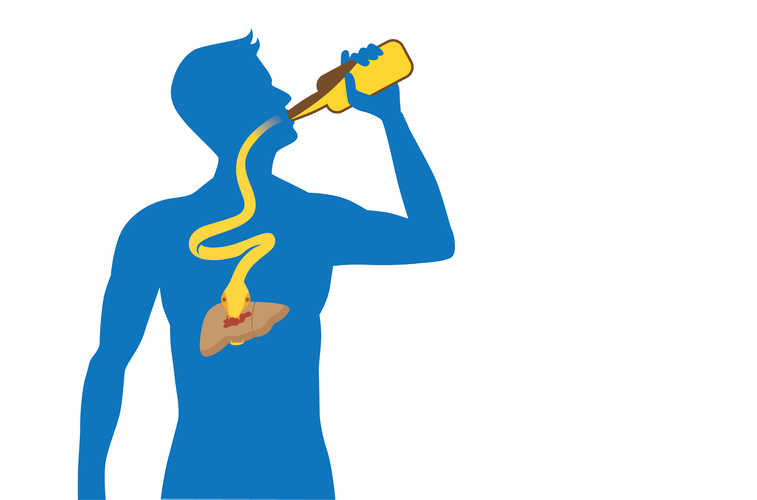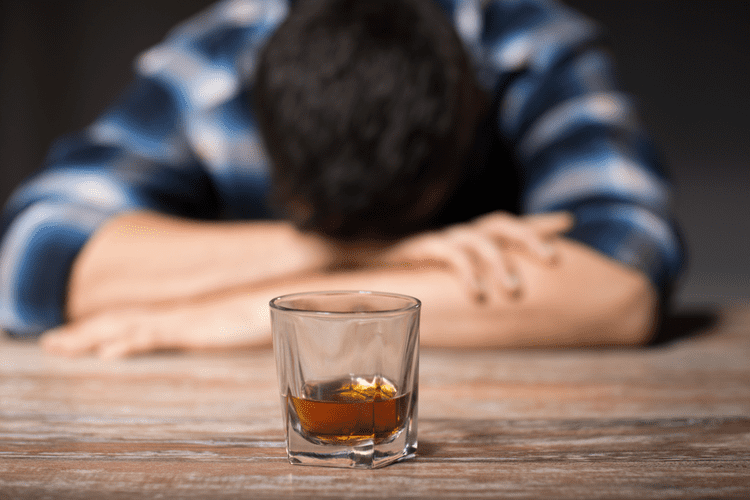The body’s internal clock, also known as the circadian rhythm, thrives on consistency. Establishing a fixed bedtime and wake-up time assists the body in normalizing its sleep pattern, which is often disrupted during alcohol withdrawal. Sleep disorders like insomnia can co-occur with alcohol abuse, and treating insomnia can improve a person’s sleep quality while in recovery. Some individuals may want to reach out to a medical provider to assess whether or not they have a preexisting condition and seek appropriate treatment.

Is It Safe to Mix Cocaine and Xanax? Dangers, Effects & Treatment
- A sleep specialist may recommend lifestyle changes, such as improving sleep hygiene, implementing relaxation techniques, or adjusting your sleep environment.
- But as the night progresses, this deep sleep period decreases, and you end up spending more time in less restorative sleep stages (like light sleep).
- Establishing a fixed bedtime and wake-up time assists the body in normalizing its sleep pattern, which is often disrupted during alcohol withdrawal.
Using alcohol to sleep might seem like a good idea at first, but after a while you notice the long-term problems. Unfortunately, if you need alcohol to sleep, you may struggle long-term. Alcohol can help to reduce feelings of stress, and make you feel more comfortable drifting off into oblivion. It’s crucial to act promptly when experiencing signs of dependency. Early intervention prevents escalation and promotes healthier sleep and overall wellness. This fragmented sleep pattern can lead to drug addiction treatment feelings of excessive sleepiness during the day.
Can Alcohol Cause Sleep Apnea?
Creating a consistent pre-sleep routine can also be effective for dealing with insomnia after quitting alcohol. These methods include how to sleep without alcohol activities such as reading a book, listening to soothing music, or taking a hot bath. Quit alcohol, and your body begins to readjust without its habitual depressant.

Mental Health Inpatient
- These medications will stimulate your GABA receptors and/or reduce glutamate levels, which can help you sleep.
- Lab studies show reductions in deep sleep and abnormalities in REM sleep in persons with more than a year of sobriety.
- Glutamate, a stress chemical that is suppressed during alcohol intoxication, rebounds to unnaturally high levels during withdrawal.
- While alcohol can make you feel you drowsy initially, the quality that drunken slumber provides is not very productive.
As sobriety continues, individuals often experience a normalization of sleep patterns, enhanced deep and REM sleep, and a reduction in sleep-related anxiety. Chronic use can lead to severe sleep disorders, including insomnia and sleep apnea. Insomnia symptoms can include restless nights and excessive daytime fatigue.
Mental Health Effects

One of the dangers of drinking alcohol before bed is that it can exacerbate sleep apnea. Sleep apnea is when a person’s breathing is interrupted during sleep. This can happen several times throughout the night, leading to restless sleep. If you already have sleep disorders, drinking alcohol before bed will worsen. Sleep problems during alcohol withdrawal are a recognized medical issue that is typically covered under addiction treatment benefits.